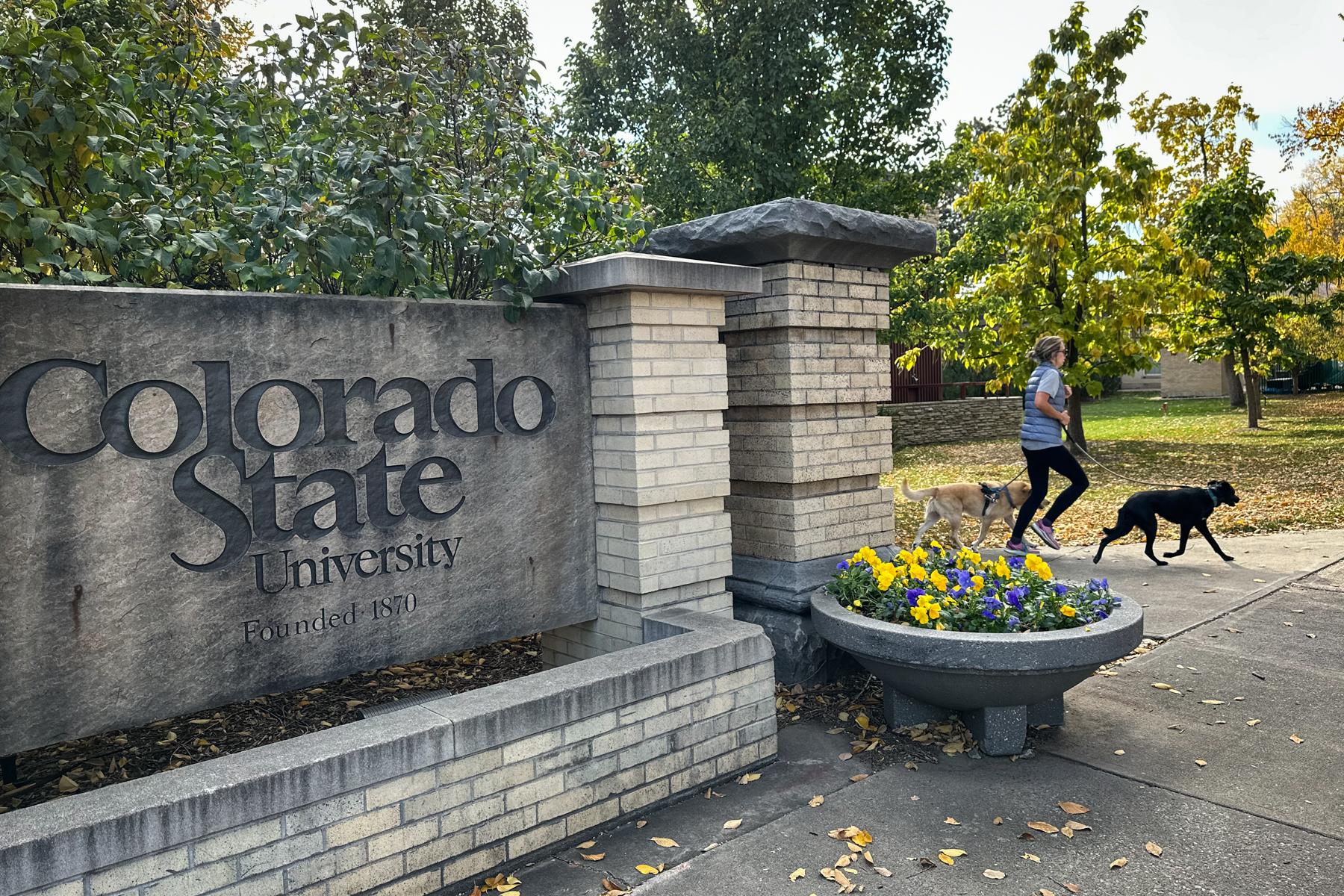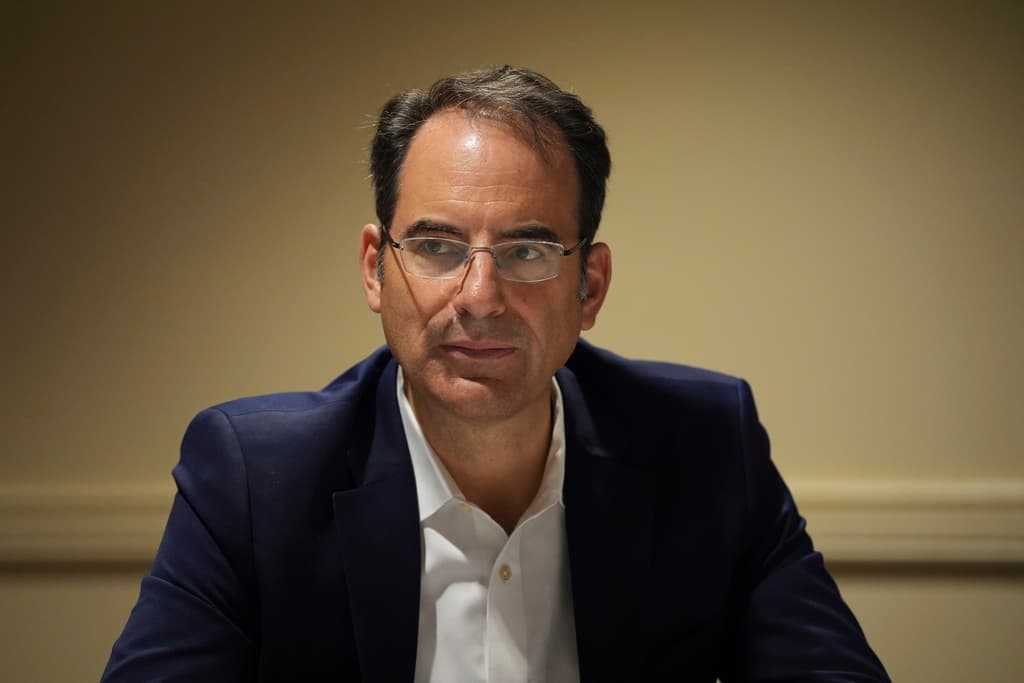
Colorado lawmakers are weighing a bill that would allow higher education institutions to offer non-tenured track faculty and staff longer contracts.
The Non-tenured Track Faculty bill — or SB23-048 — would change the maximum length allowed in a contract between a university and non-tenured track employees from three years to five. It does not mandate a minimum contract length.
“The universities have found themselves at a disadvantage in trying to attract professors to come into Colorado and work in our universities because they're getting five-year contract offers elsewhere,” Mark Baisley, a Republican state senator and bill co-sponsor said during its first hearing in the Senate Committee of Education.
University officials testified during the hearing, urging lawmakers to pass the bill.
“We are focused on our ecosystem of faculty,” said Michael Lightner, the University of Colorado system’s vice president for academic affairs. ”They have earned it, they deserve it. We owe it to them, in my opinion.”
Mary Van Buren, the president of the Colorado State University chapter of the American Association of University Professors, said the bill is a step in the right direction, but it doesn’t address the job insecurity felt by non-tenure track faculty who aren’t on contract.
In addition to contracted employees, CSU also has two other categories in non-tenure track. One is a “continuing” faculty appointment, which has no end date and can be terminated at any time. The other is adjunct faculty, which is meant to be short-term.
Van Buren said CSU hires more continued employees than adjunct and contracted employees, which means lawmakers need to expand the bill’s language to meet its goal of improving job security for non-tenure track employees.
“The problem here is that the university has promoted this continuing category, which is at-will and low in job security, rather than pursuing contracts,” Van Buren said. “And they do that specifically to maximize their flexibility in hiring practices.”
Wendy Bolyard, a clinical assistant professor at the University of Colorado Denver, doesn’t have a long-term contract. Instead, she gets year-to-year contracts that have to be renewed at the end of every school year, but it’s inconsistent.
“I'm supposed to get a letter of offer every year. Sometimes I do, and sometimes it's just assumed that I will come back and teach out of the goodness of my heart,” Bolyard said. “Sometimes we receive them after the semester has started.”
Bolyard and Van Buren said ultimately, the proposed legislation is good, describing it as a bare minimum. They both said they hope the legislature will continue exploring ways to build job security for non-tenure track positions.
Jenny Morse, a senior instructor at CSU and chair of its committee on non-tenure track faculty agreed. She said retaining a consistent, experienced faculty is important to the mission at universities.
“How can teachers do their jobs supporting students, writing recommendations for students, building curriculum, becoming better teachers, if they don't know if they're gonna be working the next semester,” Morse said. “If we want good faculty and we want faculty who are invested long-term in our students, we need to employ them long-term.”
The bill passed through the Senate Thursday and is awaiting its first hearing in the House.









